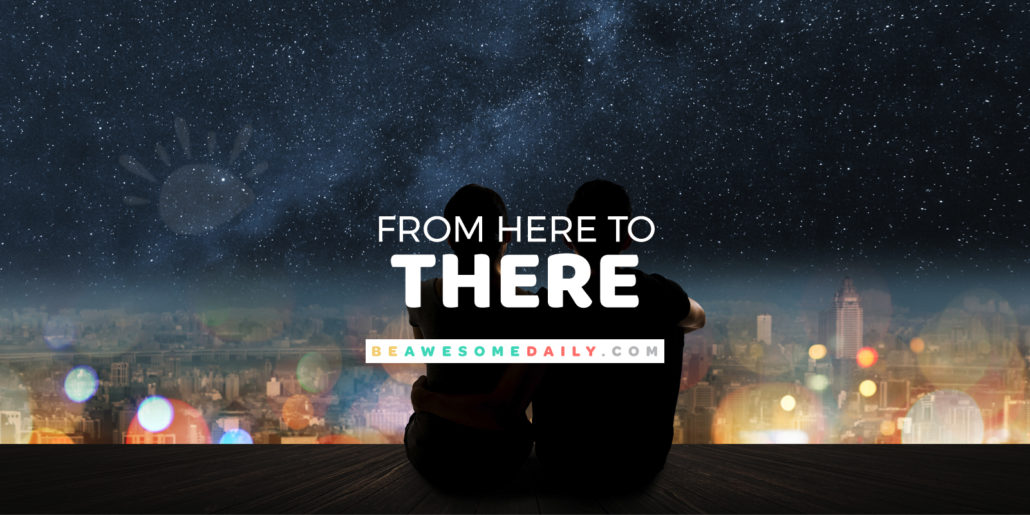The Artist gives her heart to the cause. Her work, I’ve heard many times, isn’t for the audience.
It’s for Art’s sake.
The Marketer positions the work so that the audience will make a decision to buy it. Her work, on the other hand is to profit from the Art.
This works very well when the production team is staffed with artists who are pleased with the opportunity to deliver their art for the greater good. It pleases their soul.
If the artists produce their art for an organization that recognizes the value of their art, they are well-compensated for their contribution. The Marketers, then take the work of the Artists and find a way to help the organization profit from the work the artists are contributing.
This, to me is a win-win proposal. It’s a conversation for another day.
The “hard work”, as Seth calls it, is when the Artist must also be the Marketer.
To feel the joy that comes from making art, and the passion to make a significant contribution, when she must also generate a living.
This might be why so many Artists struggle with Imposter syndrome.
On one hand, it’s our art, and it’s a joy to create it.
To achieve mastery of our art is our never-ending quest.
On the other hand, the agony of feeling like we must position our passion as a “business,” challenges the artist and leaves her questioning whether her motives are pure.
Whether she can make a difference, AND a living.
Getting paid to Sprint — is that the same as selling out? If (and that’s the big ‘IF’) she can profit from her Art, the same way an organization with its own marketing team might.
In the end, the Artist will choose to do what calls her soul and leads her to do work that matters.
And this, is what finding real talent might look like today. To know someone who would lay it all on the line for the sake of their art, is to know that someone is truly committed to the art that they produce.
The thing is, art isn’t easy.
If it were easy, art would not hang on walls, or be revered or appreciated, because it wouldn’t be art — it would be commonplace.
It if were easy, more people would choose to make a difference, instead of simply opting to make a living.
If it were easy, the young artist wouldn’t be discouraged by her parents from pursuing her art – (thank goodness that was not a challenge I ever experienced.)
So, maybe, art isn’t for art’s sake after all.
Maybe it’s for human’s sake.
Because the art of being human, taking the risk of being vulnerable, and waking up day after day knowing “this might not work” is exactly what makes us human, and the joy of doing work that matters might just become an art form …
Someday, this is what success might look like.








